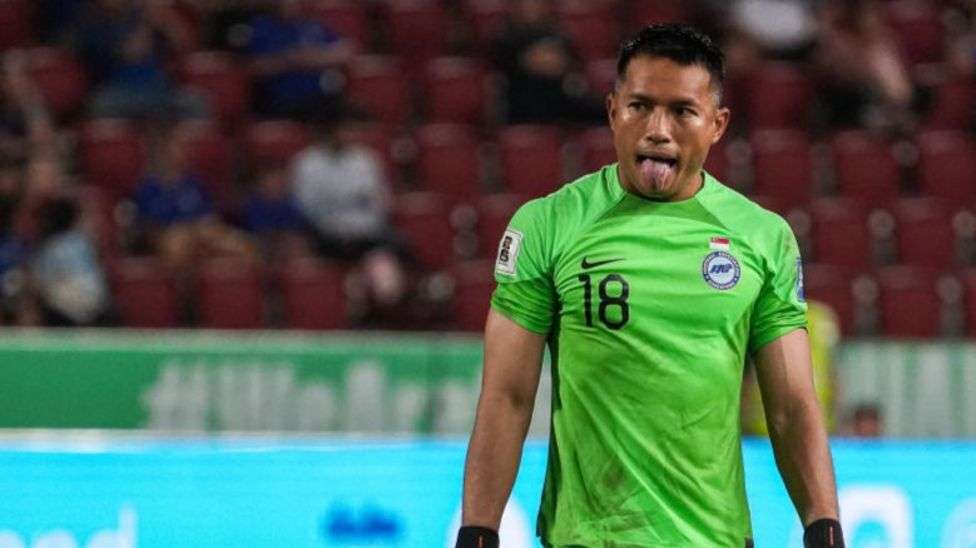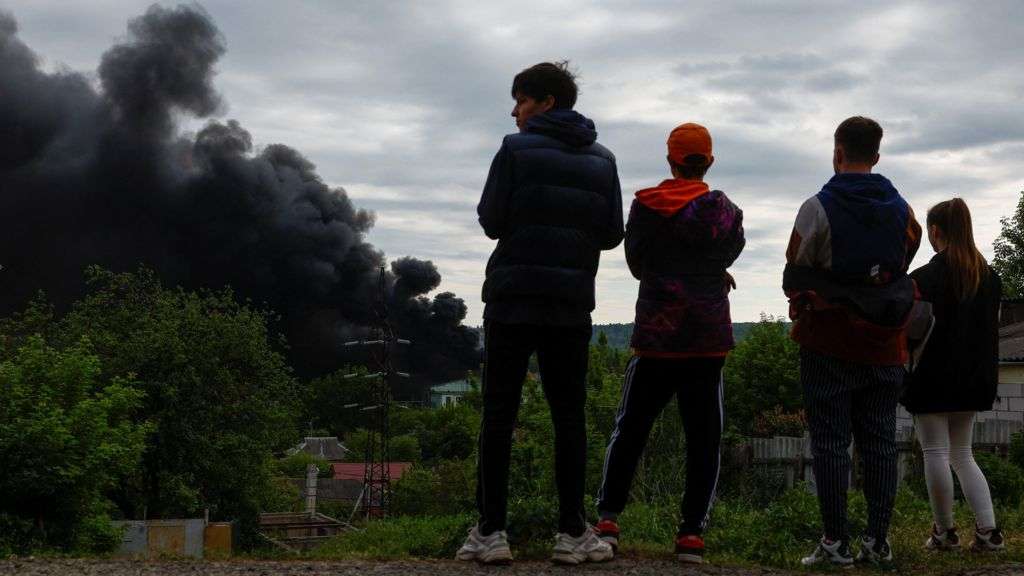The head of Israel's spy agency Mossad, David Barnea, is reported to have travelled alone to Doha to meet Qatar's Prime Minister Mohammed bin Abdulrahman al-Thani as momentum is again building over a possible ceasefire and hostage deal between Israel and Hamas.
This appears to be very much a preliminary move in what could once again be a complicated series of discussions aimed at finally bridging the gap between the Israeli government and Hamas over what each defines as its bottom line in what any potential deal would comprise.
After Mr Barnea left Doha, the office of Israel's Prime Minister Benjamin Netanyahu said gaps still remained between the two sides. Israeli officials had already said that expectations need to be lowered.
The latest rekindling of hope for a deal came after Hamas delivered its response to the three-phase proposal that President Biden set out several weeks ago.
The key to that formulation was to put off what has long appeared to be the main obstacle in either side accepting a deal - the demand by Hamas that there must be a permanent ceasefire and the counter-demand by Israel that it must have the freedom to resume fighting in Gaza if necessary.
Exactly what Hamas has presented has not yet been made public. But the Israeli response appears far more positive than in other instances in the past seven months when the process has regained momentum. A source in Israel's negotiating team said that the proposal put forward by Hamas included a "very significant breakthrough".
There are indications that this could be that Hamas has accepted the key point of the proposal announced by President Biden - that it would allow negotiations to achieve its goal of a permanent end to the war through the first six-week phase of the ceasefire, rather than demanding it as the starting point.
Hamas has throughout bridled at its portrayal by the US in particular as the main stumbling block in agreeing a deal. Should it become clear that it has indeed made this concession, then the ball would be firmly back in the court of the Israeli prime minister Benjamin Netanyahu.
At no time has he personally yielded an inch in his public commitment to the complete eradication of Hamas - and Israel's right to continue fighting in Gaza after any ceasefire. He has resisted all pressure from inside and outside Israel to modify that stance. But the pressure has been building on him from all sides, inexorably.
The latest push seems to have come from within his own military. A recent article in the New York Times, citing unnamed current and former security officials, said that Israel's top generals "want to begin a ceasefire in Gaza even if it keeps Hamas in power for the time being".
Mr Netanyahu dismissed this as defeatist. But he may not be able to resist such pressure forever - nor the ever growing anger on the streets of Israel from those who want the remaining hostages in Gaza to be brought home now.
For Hamas, there are also some signs of growing despair over the continuing war by those who suffer from it every day, the civilian population of Gaza. And internationally, the patience of mediators, like Egypt and Qatar, may be running out.
Regional countries that wholeheartedly support the Palestinian cause have also been reported to be putting increasing pressure on Hamas to accept a deal. Its leadership may feel that the group's apparent survival, even if severely degraded both politically and militarily, may be victory enough.
And for the international community, the need to find some end to the war has grown even more urgent with the spectre of the confrontation between Israel and Hezbollah potentially erupting into all-out war. A ceasefire in Gaza could potentially ease those tensions.
And for the Biden administration - still reeling in the aftermath of last week's debate between the president and Donald Trump - a diplomatic success here would be a much-needed boost.
All these elements suggest that the hopes that have once again been raised may this time finally prove more resilient to the negative factors that have seen them dashed before.








